Mise à jour : 26 novembre 2012 (Rédaction initiale : 26 novembre 2012 )
Sur le vif
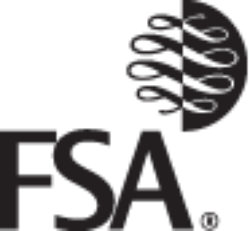
Mise à jour : 17 septembre 2012 (Rédaction initiale : 12 septembre 2012 )
Sur le vif
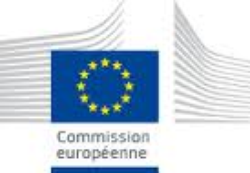
Mise à jour : 17 septembre 2012 (Rédaction initiale : 10 septembre 2012 )
Sur le vif
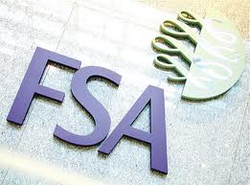
Mise à jour : 10 septembre 2012 (Rédaction initiale : 2 septembre 2012 )
Sur le vif
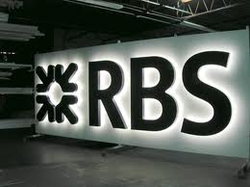
Mise à jour : 28 août 2012 (Rédaction initiale : 27 août 2012 )
Sur le vif
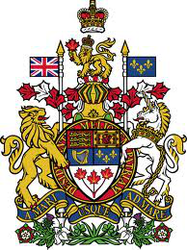
Mise à jour : 28 août 2012 (Rédaction initiale : 22 juillet 2012 )
Sur le vif
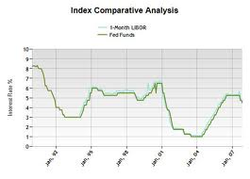
Mise à jour : 28 août 2012 (Rédaction initiale : 25 août 2012 )
Sur le vif

